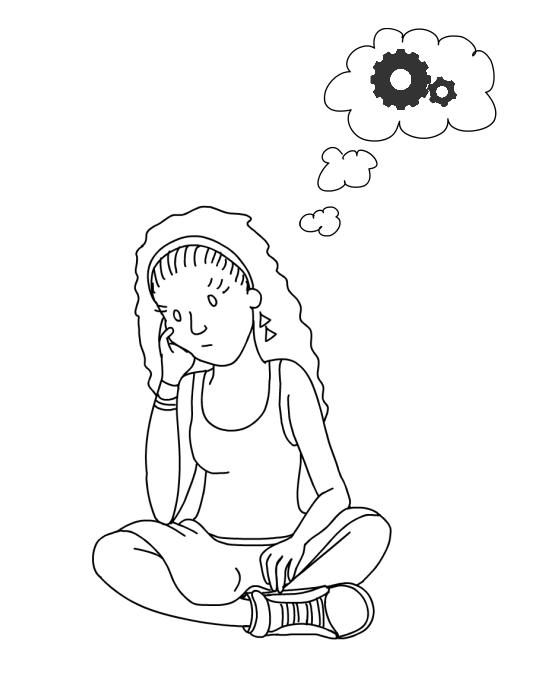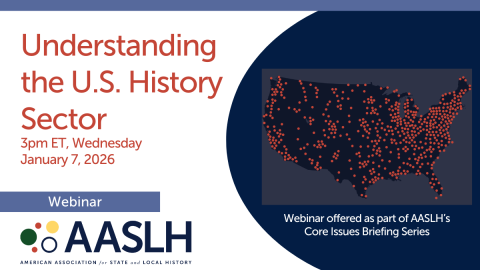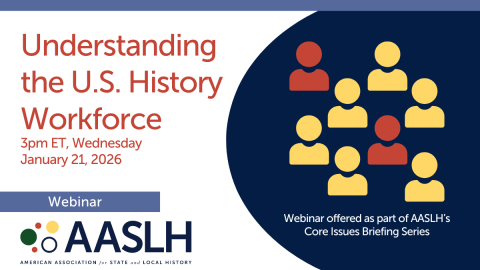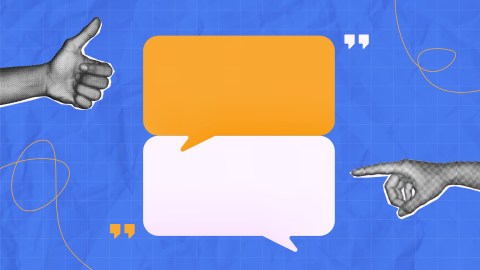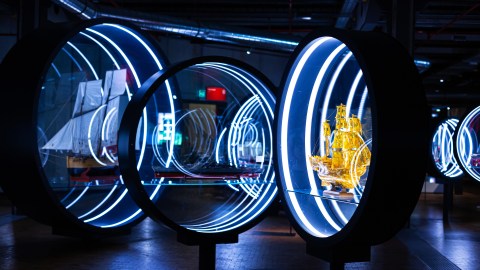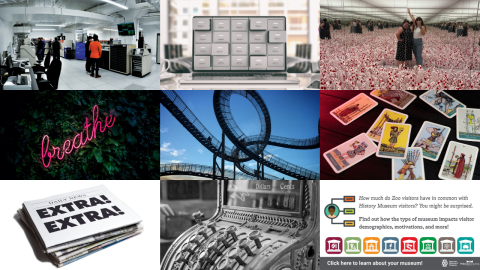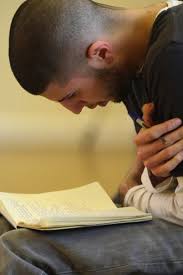
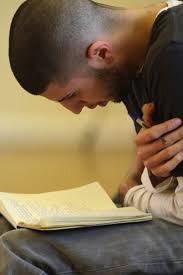 Why did we opt for stories, rather than straightforward statements, as the focus of the challenge? (“I hope in the future museums will do x, y, z.”) A story can bring potential futures to life—good stories are emotionally compelling, immersing the reader in a world that could come to pass. And stories can help us explore the implications of any given future—how would it affect peoples’ day-to-day lives? What would it be like to eat, sleep, learn, love or work in that future? We believe stories from a variety of stakeholders—people who work in museums, educators, futurists, parents—will help museums explore how they can play a bigger, more central role in the next era of education.
Why did we opt for stories, rather than straightforward statements, as the focus of the challenge? (“I hope in the future museums will do x, y, z.”) A story can bring potential futures to life—good stories are emotionally compelling, immersing the reader in a world that could come to pass. And stories can help us explore the implications of any given future—how would it affect peoples’ day-to-day lives? What would it be like to eat, sleep, learn, love or work in that future? We believe stories from a variety of stakeholders—people who work in museums, educators, futurists, parents—will help museums explore how they can play a bigger, more central role in the next era of education.
Perhaps you haven’t flexed your fiction writing muscles recently. You can use the worksheet, below, as a warm up exercise, and to help frame your story. It will prompt you to identify the main character and the most important forces shaping the future he or she inhabits. It also suggests some forms your story might take (e.g., journal entry, letter to a parent from an educator, tweet stream from a learner). (I adapted the worksheet from material in the Institute for the Future’s Governance for the Future: An Inventor’s Toolkit, and you might enjoy taking a look at that resource.)
- explores a fundamental shift in P-12 education by either filling a void or solving a problem in P-12 education.
- capitalizes on the primary strength of museums—access to original objects, while also showcasing your artistic freedom to exaggerate and invent fictional worlds.
- inspires wonder, awe, and sheer unbridled joy of learning.
- is clearly written and thoughtfully organized.
Instructions for submitting your entry, along with sample stories, will live on CFM’s new Future of Education website, launching January 19. That site will also host our search for the new Ford W. Bell Fellow for Museums and P-12 Education. (I will dedicate a blog post later this month to that search. Spoiler alert—applicants for the fellowship will be required to enter the challenge.)
Now, go forth and write!

